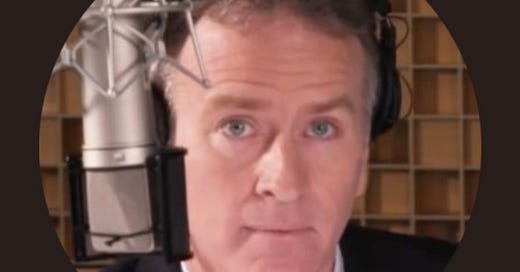People who hear me on NPR don’t have to listen long to find out that I grew up in a particular time and place: Indiana, in the late twentieth century. A nice Indianapolis suburb, good schools. A good part of my sensibility comes from there. If I were to list movies that are cultural touchstones from my youth, they would tend to have a Midwestern bent, such as The Blues Brothers, Ferris Bueller’s Day Off, The Breakfast Club, and, of course, Hoosiers.
Some of my music was Midwestern too—Bob Seger, John Mellencamp, old Chicago blues. Kurt Vonnegut of Indiana was among my favorite writers. A big part of me, too, comes from Eastern Kentucky and New York City, where I eventually attended college; I came to feel like a Kentuckian and a New Yorker, but confess that I saw it all through that Indiana lens. Which is how I’ve gone on to see and experience much of the world.
It’s with delight in recent years that I have discovered people who are of my generation—and who I can relate to in that way—but who grew up in utterly different circumstances, in different parts of America. My favorite recent examples are Robert Diggs and Corey Woods, aka RZA and Raekwon, of the Wu-Tang Clan.
I’ve interviewed both on NPR in recent years, and what has captivated me, as much as their music, is their stories. Raekwon talked about his memoir in 2021, and as my colleague Vince Pearson observed, every step in the story makes you think about some aspect of public policy.
Keep reading with a 7-day free trial
Subscribe to Differ We Must to keep reading this post and get 7 days of free access to the full post archives.



